5 Frequently Asked Questions About VAT Audits in Dubai
VAT audits in Dubai are a reality for businesses operating in the UAE. Understanding the audit process and its potential consequences is crucial for ensuring compliance and minimising financial risks.
A well-prepared business can deal with VAT audits in Dubai with confidence, while those caught unprepared may face significant penalties and legal repercussions.
At PROFITZ ADVISORY, we specialise in VAT compliance and audit preparation. Our team of experts can provide valuable guidance and support to help you manage the complexities of VAT audits in Dubai and protect your business’s interests.
Let’s explore some of the most frequently asked questions about VAT audits in Dubai.
Meanwhile, read more about VAT impact analysis and assessment services in Dubai.
Top Frequently Asked Questions about VAT Audits in Dubai
Question 1: What is a VAT audit, and why does it happen?
A VAT audit is a thorough examination of a business’s VAT records and transactions by the Federal Tax Authority (FTA) in the UAE. The purpose of a VAT audit is to verify the accuracy of a business’s VAT returns, ensure compliance with VAT regulations, and identify any discrepancies or irregularities.
Common Reasons for VAT Audits:
- Random Selection: The FTA may conduct random audits to assess overall VAT compliance.
- Risk-Based Assessments: The FTA may target businesses deemed to be at higher risk of non-compliance.
- Specific Concerns: The FTA may conduct audits based on specific concerns or complaints.
- Following Up on Previous Audits: The FTA may conduct follow-up audits to ensure ongoing compliance.
The FTA has the authority to conduct VAT audits under UAE tax laws. Non-compliance with VAT regulations can result in penalties, fines, and even legal action. Therefore, understanding the VAT audit process and preparing for potential audits is crucial for businesses operating in the UAE.
Use UAE VAT calculator to calculate your VAT today.
Question 2: How can I prepare for a VAT audit?
Preparing for a VAT audit can help you minimise the stress and potential consequences. Here are some practical tips:
- Maintain Accurate Records: Keep detailed records of all VAT-related transactions, including invoices, receipts, and bank statements. This will be essential during an audit to demonstrate compliance.
- Understand VAT Regulations: Stay updated on the latest VAT regulations and ensure your business practices align with the requirements.
- Conduct Internal Audits: Regularly conduct internal audits to identify and address potential issues before they are discovered by the FTA.
- Seek Professional Guidance: Consider consulting with a VAT expert to assess your business’s VAT compliance and identify areas for improvement.
- Respond Promptly to FTA Requests: If you receive a notification of an audit, respond promptly and provide the required information.
- Prepare a VAT Compliance Manual: Create a comprehensive manual outlining your business’s VAT procedures and policies.
By following these tips, you can significantly increase your preparedness for a VAT audit and reduce the risk of penalties or fines. Remember, a well-prepared business is more likely to navigate an audit successfully.
Learn everything about VAT and corporate tax in the UAE.
Question 3: What are the potential penalties for VAT non-compliance?
Non-compliance with VAT regulations in the UAE can result in a range of penalties, including:
- Financial Penalties: The FTA may impose monetary fines based on the severity of the non-compliance.
- Interest Charges: Interest may accrue on unpaid VAT, increasing the total amount owed.
- Legal Action: In severe cases, the FTA may take legal action, including filing lawsuits or freezing assets.
- Reputational Damage: Non-compliance can damage a business’s reputation and credibility.
The severity of penalties can vary depending on several factors, including:
- Nature of the Non-Compliance: The type and extent of the non-compliance will influence the severity of penalties.
- Previous History: Businesses with a history of non-compliance may face harsher penalties.
- Level of Cooperation: Cooperation with the FTA during the audit process can mitigate penalties.
To avoid penalties and maintain a positive relationship with the FTA, it’s essential to prioritise VAT compliance. By understanding your VAT obligations and taking proactive steps to ensure compliance, you can significantly reduce the risk of penalties and protect your business’s financial health.
Understand VAT deadlines 2024 here.
Question 4: Can I appeal a VAT audit decision?
Yes, you can appeal a VAT audit decision if you disagree with the findings or penalties imposed by the Federal Tax Authority (FTA). However, it’s important to follow the proper procedures and submit your appeal within the specified timeframe.
Appeal Process:
- Formal Objection: Submit a formal objection to the FTA within the designated period.
- Review by the FTA: The FTA will review your objection and may request additional information.
- Independent Tax Review Committee: If you are dissatisfied with the FTA’s decision, you can appeal to the Independent Tax Review Committee.
- Court Appeal: In certain cases, you may have the right to appeal the decision of the Independent Tax Review Committee to a court of law.
Grounds for Appeal:
- Incorrect Calculations: If you believe that the FTA has made errors in their calculations or assessments.
- Incorrect Interpretation of Laws: If you disagree with the FTA’s interpretation of VAT regulations.
- Procedural Errors: If the FTA has failed to follow proper procedures during the audit or appeal process.
Potential Outcomes of an Appeal:
- Upholding the FTA’s Decision: The appeal may be rejected, and the FTA’s original decision may be upheld.
- Partial or Full Reversal: The appeal may result in a partial or full reversal of the FTA’s decision.
- Additional Assessments: In some cases, the appeal process may lead to additional assessments or penalties.
It’s important to note that the appeal process can be time-consuming and complex. It’s advisable to seek professional advice from a tax advisor to navigate the process effectively and increase your chances of a favourable outcome.
Understand the most common VAT challenges for small businesses in Dubai.
Question 5: How can PROFITZ ADVISORY help me with VAT audits?
PROFITZ ADVISORY is a leading VAT consultancy firm in the UAE that specialises in helping businesses navigate the complexities of VAT audits. Our team of experienced tax professionals has a deep understanding of the VAT audit process and can provide expert guidance and support.
Our VAT Audit Services Include:
- Audit Preparation: Assisting you in preparing for a VAT audit by reviewing your records and identifying potential areas of concern.
- Audit Representation: Representing your business during VAT audits, ensuring your interests are protected.
- Dispute Resolution: Negotiate with the FTA to resolve any disputes that may arise from an audit.
- Post-Audit Review: Analysing the audit findings and providing recommendations for improvement.
Why Choose PROFITZ ADVISORY:
- Expertise in VAT Audits: Our team has extensive experience in handling VAT audits and resolving disputes.
- Customised Solutions: We tailor our services to meet your specific needs and objectives.
- Proactive Approach: We proactively identify potential VAT risks and take steps to mitigate them.
- Client-Centric Focus: We prioritise your satisfaction and strive to deliver exceptional service.
PROFITZ ADVISORY also offers a wide range of accounting and financial services in addition to VAT consultancy. Here are some of the key services they provide:
- Accounting and Bookkeeping: Accurate financial record-keeping, financial statement preparation, and general accounting services.
- Tax Planning and Compliance: Comprehensive tax planning strategies and ensuring compliance with UAE tax regulations.
- Business Setup and Advisory: Assistance with company formation, licensing, and business structuring.
- Payroll and HR Services: Managing employee salaries, benefits, and compliance with labour laws.
- Financial Analysis and Reporting: Providing insights into your business’s financial performance through detailed reports and analysis.
- Audit and Assurance: Conducting financial audits and providing assurance services.
Contact us today for a free consultation and let our experts help you attend to the VAT audit process with confidence.








